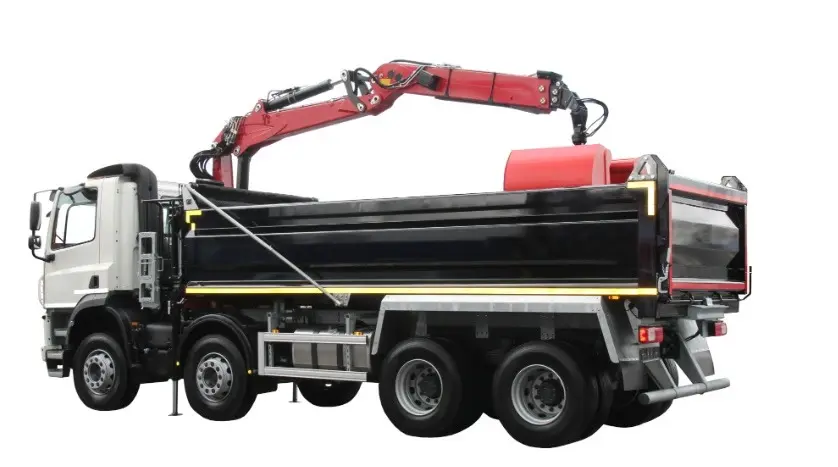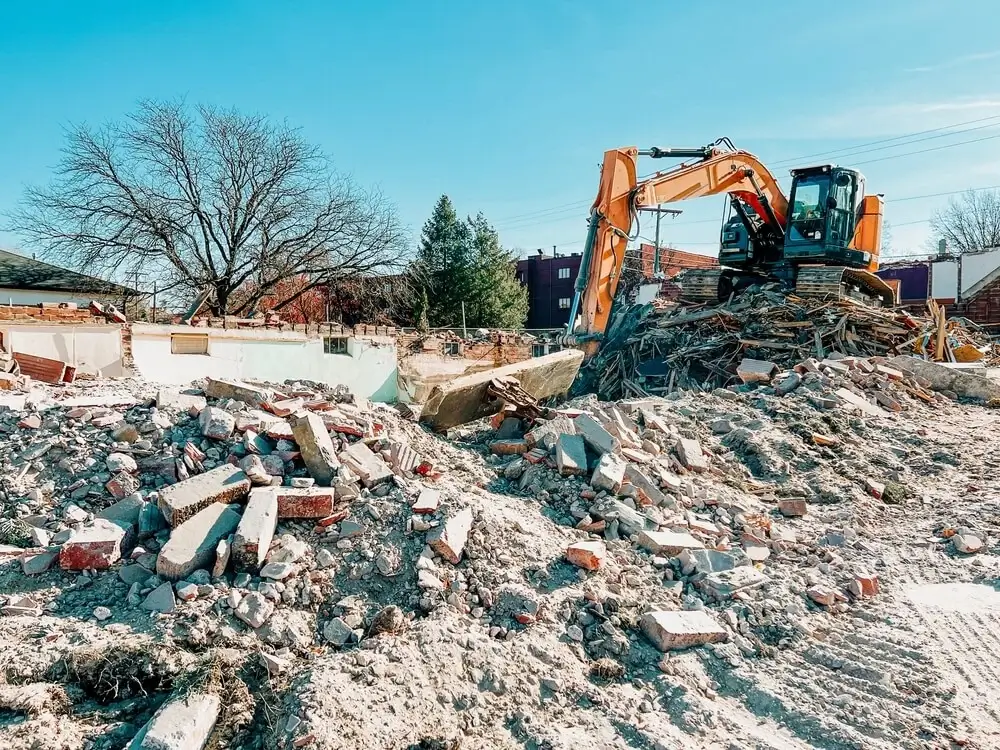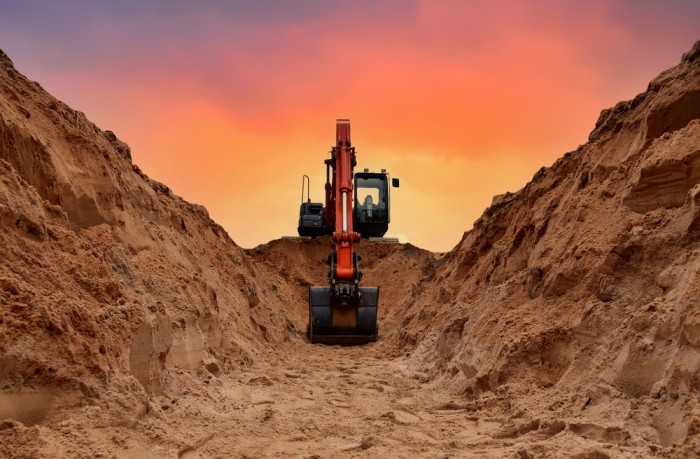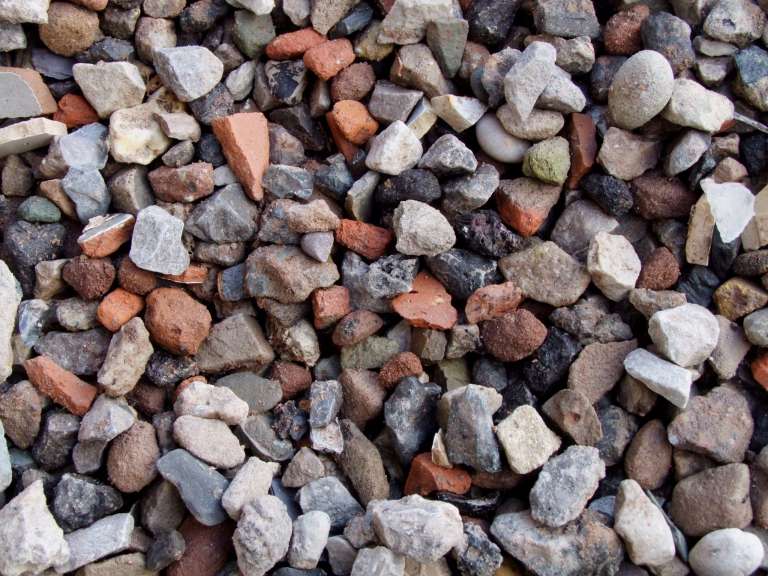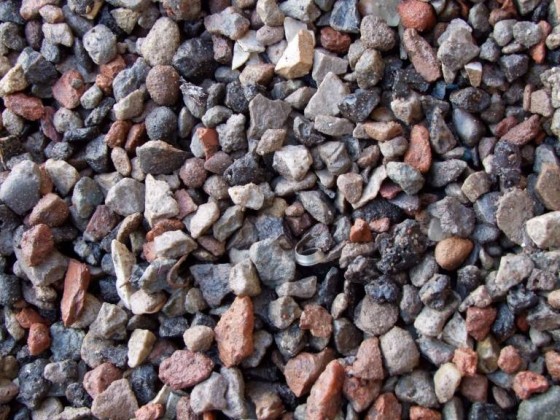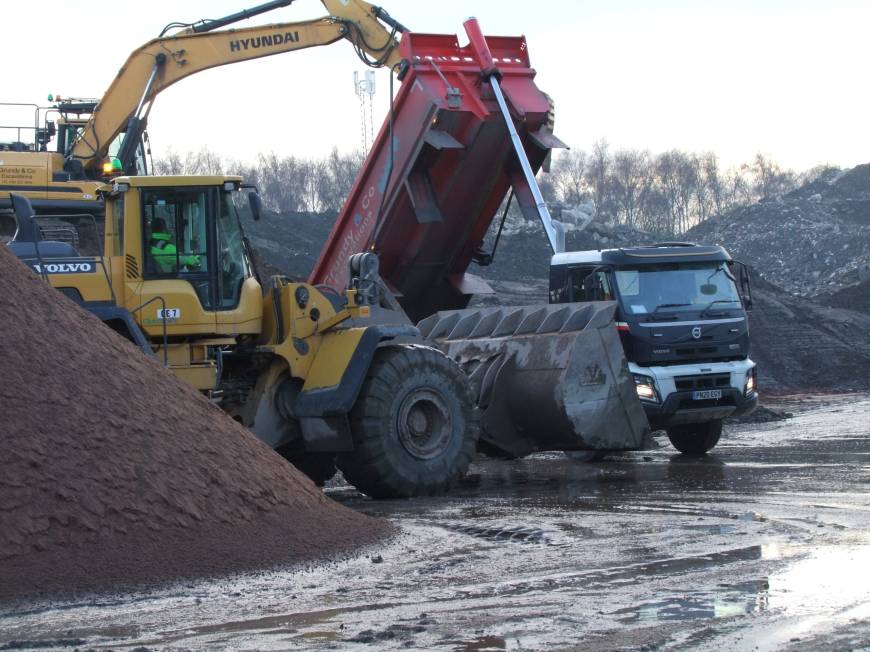Grundy & Co Excavations Ltd recently made a major investment in a brand new state of the art Sandwashing Plant from Irish Company, CDE. A total investment of circa £2M was certainly a gamble, however it was one that has paid off as the quality of material produced has exceeded expectations.
Sandwash Plant is the latest in a long line of investments that the company have made in order to ensure that the business grows.
Over the past few years the construction industry has accepted that recycled aggregates and sands represent quality products with a huge range of applications, some of which are featured on this website.
The machine has allowed us to produce new products that our dry crushing and screening process did not produce.
These new products have opened up markets that we previously could not enter. The final product output from the Plant is two washed sands and four washed recycled aggregates.

